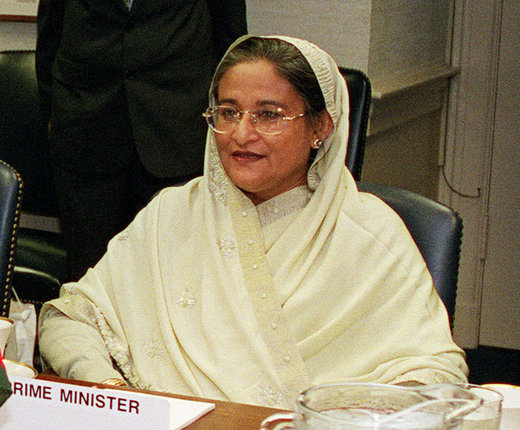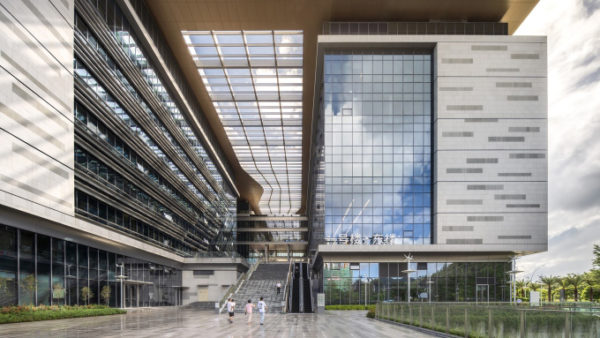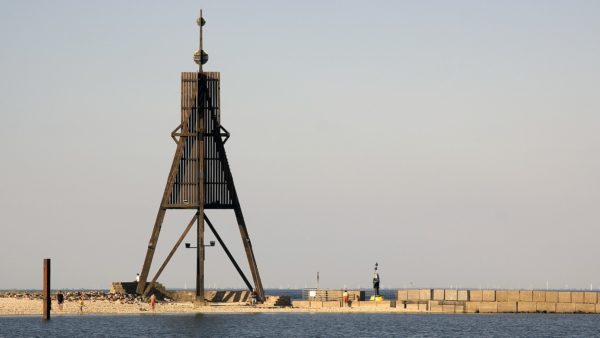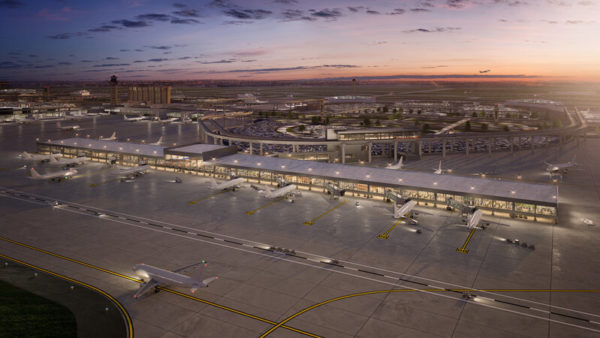27 March 2013
Political and religious differences between Saudi Arabia and Bangladesh lie behind the recent dramatic reduction in Bangladeshi workers being allowed into the Kingdom, an influential newspaper has claimed.
Historically, Pakistan and Bangladesh have sent comparable numbers of workers there, but since 2009 Bangladesh has sent only 14,500 people per year on average while Pakistan sent more than 220,000 in 2011.
In its Asia column The Economist ascribes the chill to political differences between the conservative, religious Saudi government and Bangladesh’s prime minister Sheikh Hasina, daughter of the founder of Bangladesh, Sheikh Mujibur Rahman, who shares her late father’s secular views.
She was elected in 2009.
The Economist says that Saudi Arabia "silently disapproves" of the death sentence given last month to the leader of the Jamaat-e-Islami – the religious party in Bangladesh that follows the Saudi rulers’ strand of Islam – for alleged crimes stemming from Bangladesh’s 1971 war of independence.

Bangladesh’s prime minister Sheikh Hasina (Credit: WikiCommons)
Bangladesh’s foreign minister has called the Jamaat a terrorist organisation and the government is considering banning it.
The public beheading two years ago of eight Bangladeshis for their alleged involvement in an armed robbery has increased tensions.
So has the killing of a Saudi diplomat in Dhaka, for which five Bangladeshis were sentenced to death in December.
Last month, Saudi Arabia was reported to be thinking about opening the gates again for Bangladeshi workers.
"But nobody really thinks it will happen," said The Economist.










